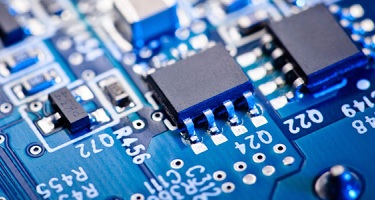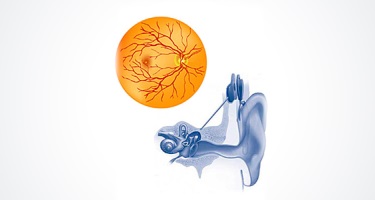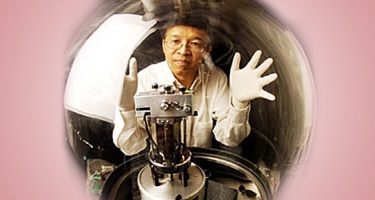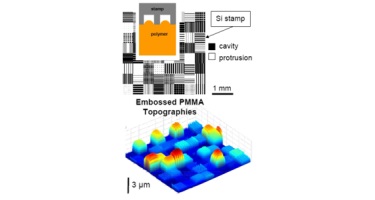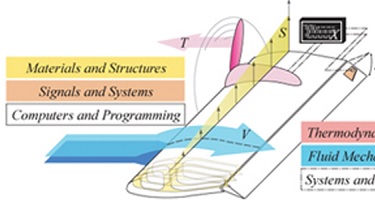Engineering
Engineering
- Home
- All courses
- Engineering
Circuits and Electronics
6.002 is designed to serve as a first course in an undergraduate electrical engineering (EE), or electrical engineering and computer science (EECS) curriculum. At MIT, 6.002 is in the...
Signals and Systems
6.003 covers the fundamentals of signal and system analysis, focusing on representations of discrete-time and continuous-time signals (singularity functions, complex exponentials and geometrics, Fourier representations, Laplace and Z transforms,...
Sensory Systems
This course examines the neural bases of sensory perception. The focus is on physiological and anatomical studies of the mammalian nervous system as well as behavioral studies of animals...
Dynamics and Control I
This class is an introduction to the dynamics and vibrations of lumped-parameter models of mechanical systems. Topics include kinematics; force-momentum formulation for systems of particles and rigid bodies in...
Energy Decisions, Markets, and Policies
This course examines the choices and constraints regarding sources and uses of energy by households, firms, and governments through a number of frameworks to describe and explain behavior at...
D-Lab: Energy
D-Lab: Energy offers a hands-on, project-based approach that engages students in understanding and addressing the applications of small-scale, sustainable energy technology in developing countries where compact, robust, low-cost systems...
Nano-to-Macro Transport Processes
Parallel treatments of photons, electrons, phonons, and molecules as energy carriers, aiming at fundamental understanding and descriptive tools for energy and heat transport processes from nanoscale continuously to macroscale....
Control of Manufacturing Processes (SMA 6303)
This course explores statistical modeling and control in manufacturing processes. Topics include the use of experimental design and response surface modeling to understand manufacturing process physics, as well as...
Unified Engineering I, II, III, & IV
The basic objective of Unified Engineering is to give a solid understanding of the fundamental disciplines of aerospace engineering, as well as their interrelationships and applications. These disciplines are...


